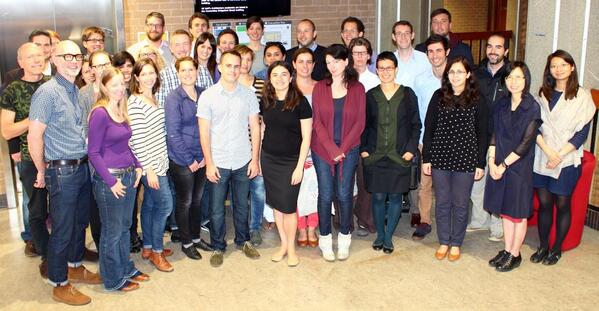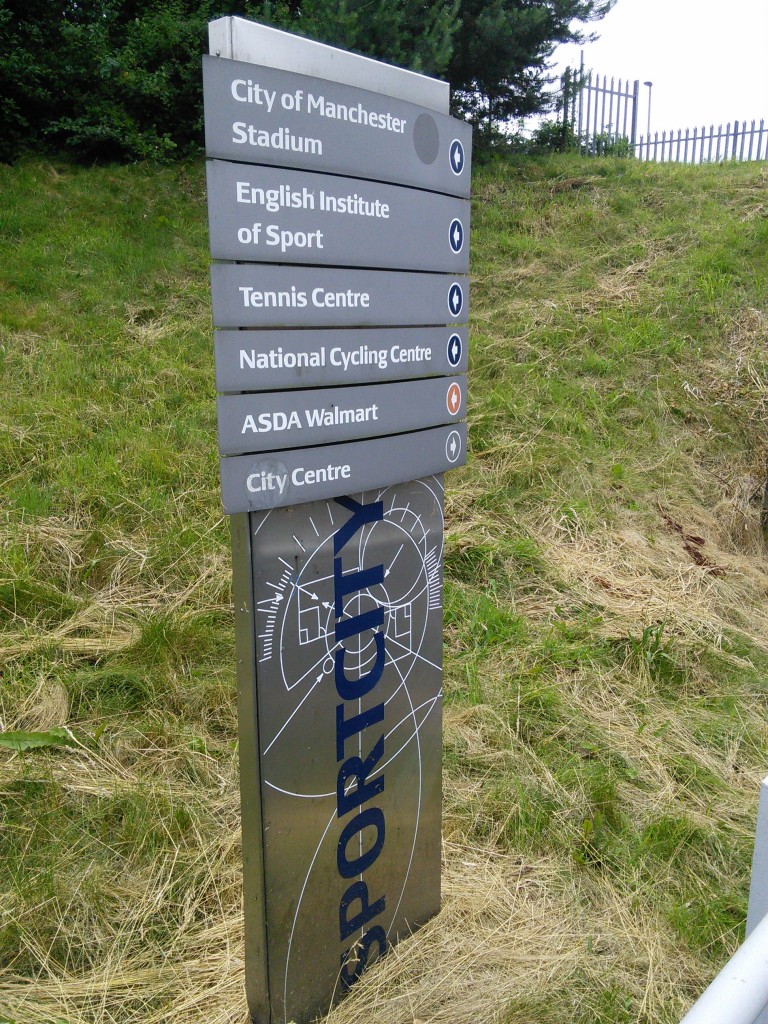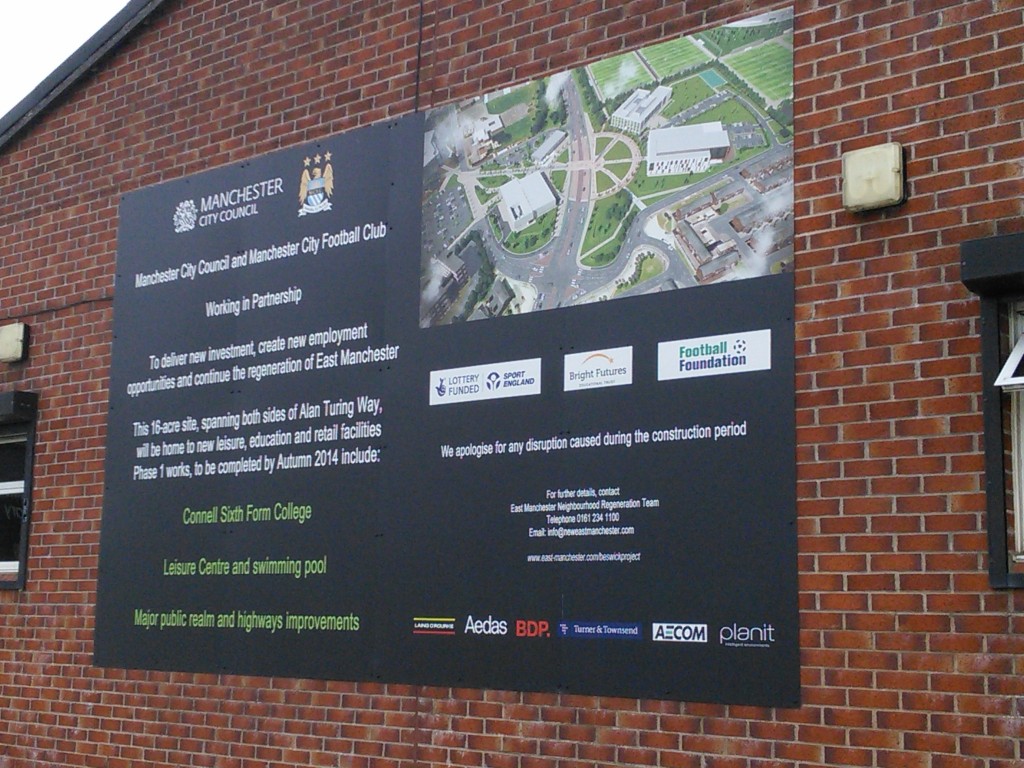My contribution to a session co-organized with Alan Wiig (Temple University) at the 2014 Critical Geography Conference; we were lucky to have eight very high-quality papers in the event. My paper argued that there is a need to read long-term ideological strategies in the urban political process: supposedly ‘temporary’ mega-events are often linked to the interests of longer-term political coalitions.
This applies a theoretical argument that Mark Davidson and I made last year in Antipode, and is the basis for a new article currently in working paper form (email me for a current copy if interested!).
Title: Events in urban development: Ideological moments in the urban fabric
Abstract: Events and other temporary initiatives play a key role in facilitating entrepreneurial urban governance: they are viewed as speculative interventions which catalyze long-term urban development. Yet events remain under-theorized, relegated to an instrumental role in two dominant interpretations of spatial-temporal process in urban development: First, events are read as a process of commodifying the urban – of producing capital fixes – by constructing and selling spectacles. But the event-as-fix is typically cast as a function of entrepreneurial regimes of accumulation, simply one more neoliberalization practice in contemporary urban governance. Second, events are read as inducing states of exception in urban politics: calling forth assemblages which allow a temporary state of developmentalism in the city. But event-as-assemblage is typically cast an isolated project, a temporary occurrence which facilitates a pre-defined governance objective but does not reflect back into it. I argue instead that events are better conceptualized as experiments. They are both fix and assemblage, both process and project: they experimentally draw on temporary and de-territorialized policy assemblages in order to produce durable capital fixes in urban land markets. Drawing on a comparative study of land politics surrounding sports mega-events, I show how ‘temporary’ interventions in the urban fabric are materialized into durable capital fixes in real estate markets. This is not a random process; rather, events-as-experiments are strategically deployed in order to produce these fixes. I contribute a framework for tracing temporal inequalities in the politics of the urban fabric, showing how strategic deployment of ‘temporary’ experiments both abbreviates the contemporary democratic process and materializes vested interests through land investments.
Keywords: event, spatial fix, assemblage, entrepreneurial city
Please feel free to email me for a copy of the working paper.



